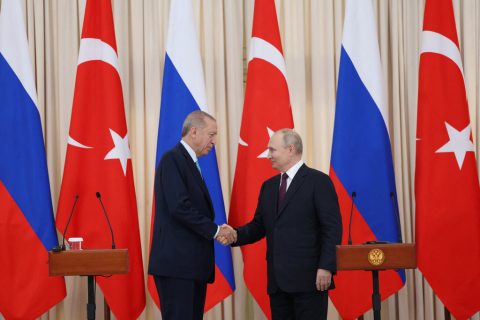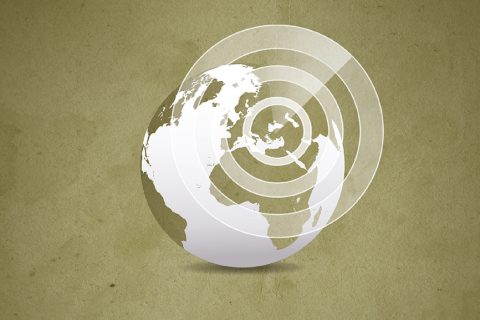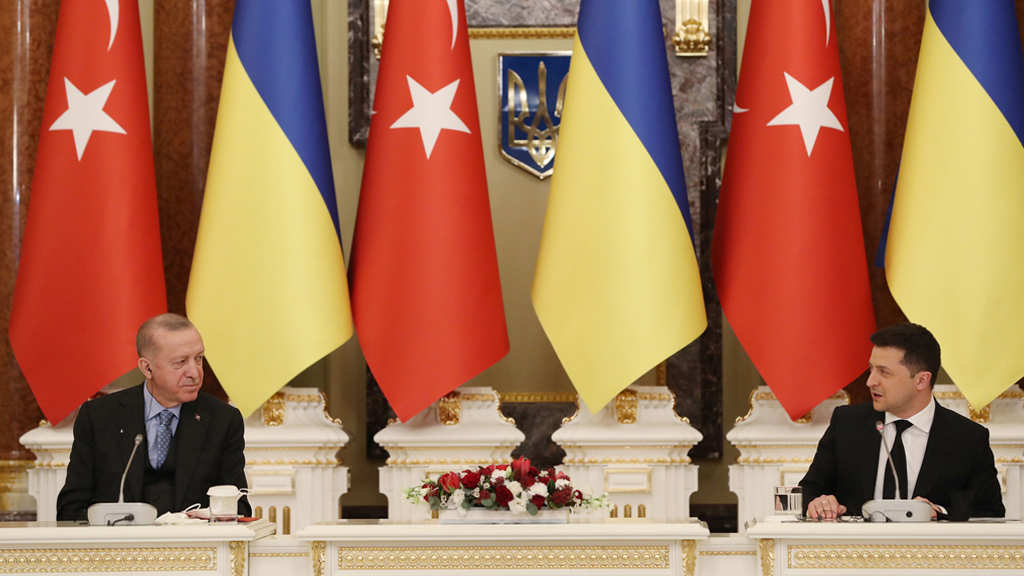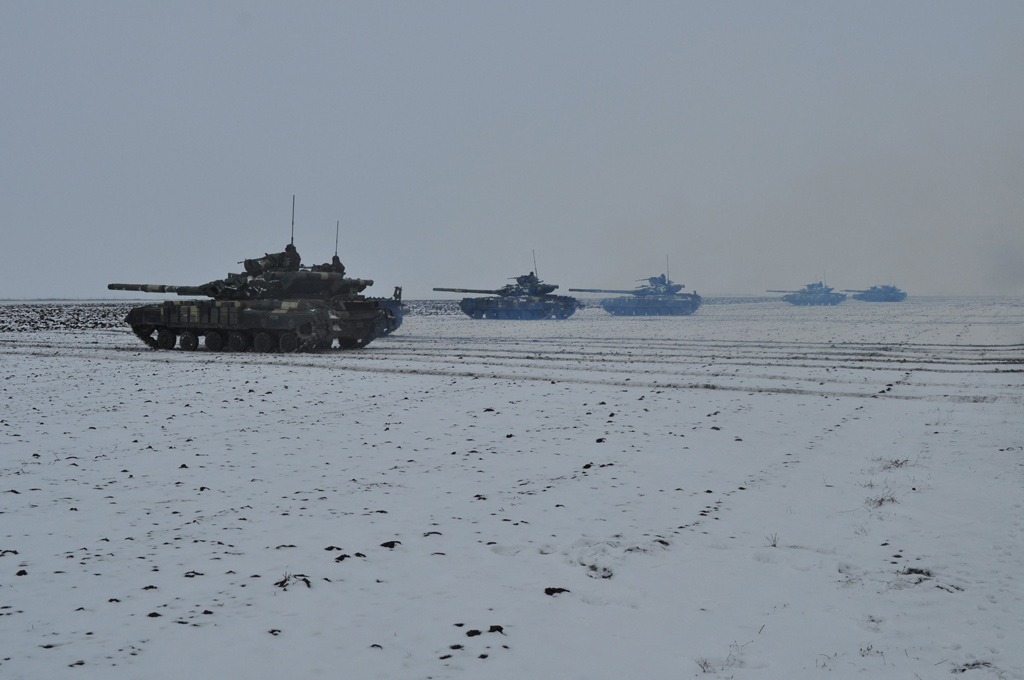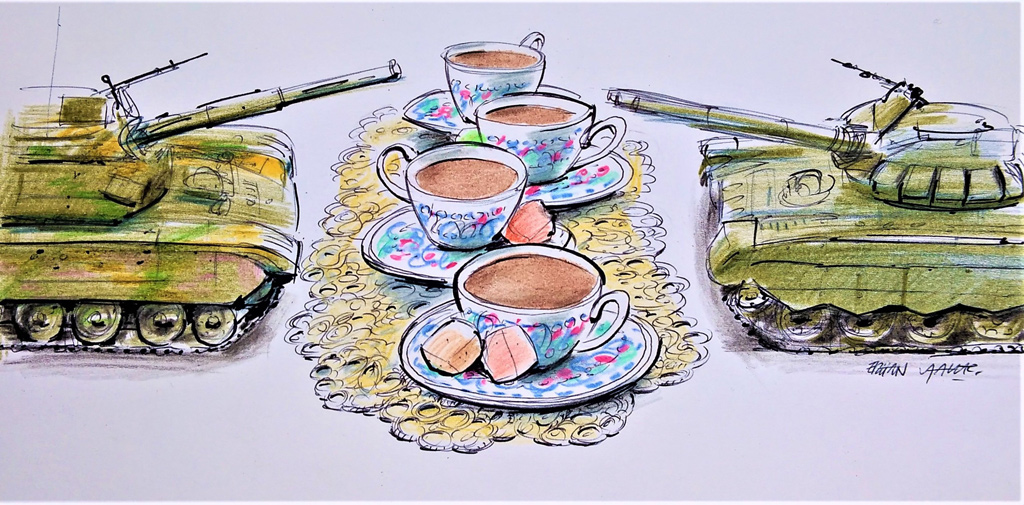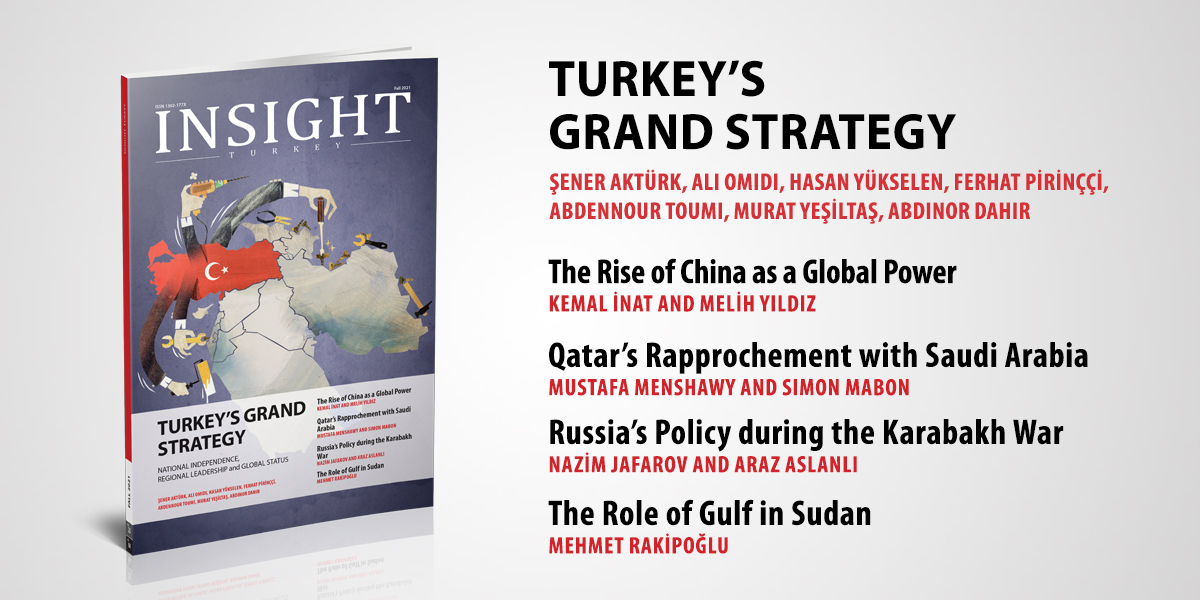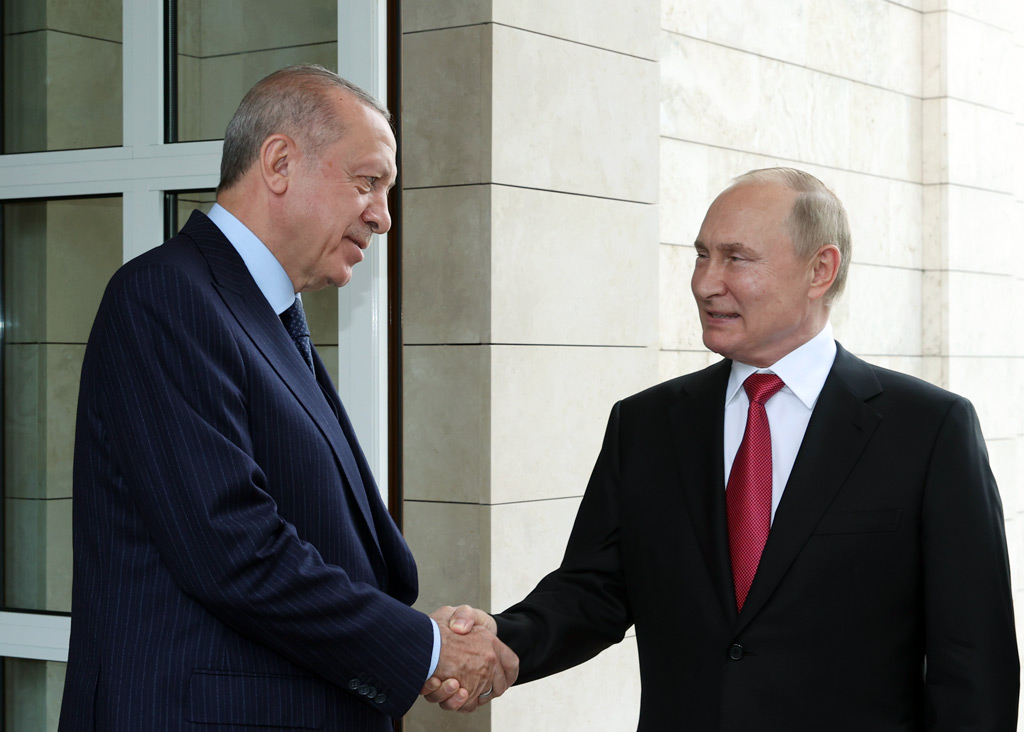Turkish-Russian Relations
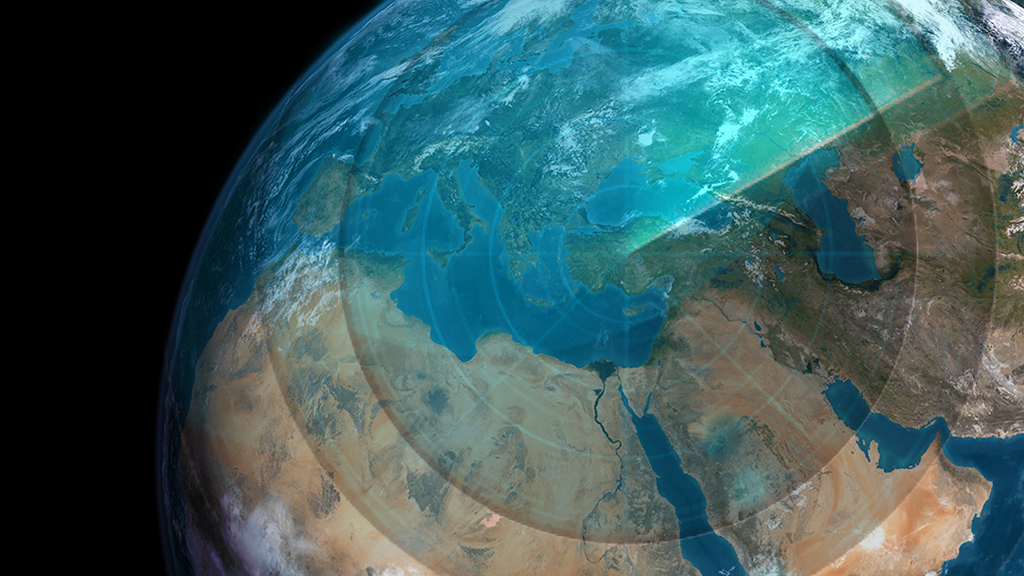
SETA Security Radar: Türkiye’s international and regional agenda
| OpinionThe current international landscape is experiencing a profound transformation, marked by escalating crises and increasing …
-
Policy Report
SETA Security Radar | Türkiye’s Geopolitical Landscape in 2024
By Murat Yeşiltaş By Bilgehan Öztürk By Gloria Shkurti Özdemir By Murat Aslan By Kutluhan Görücü By Mehmet Devrim By Mehmet Çağatay Güler By Tunç Demirtaş By Sibel Düz By Rıfat ÖncelIn this new volume of SETA Security Radar, we analyze the main dynamics shaping Türkiye’s security and geopolitical landscape with references to the most significant foreign policy and security issues throughout 2023.
-
Opinion
What happened at Erdoğan-Putin summit in Sochi?
By Burhanettin DuranSuccessfully managing the risk of a confrontation in Syria, the two leaders strengthened their cooperation in a broad range of areas, including energy, tourism and defense. As the bilateral trade volume reached $69 billion, the two nations set a new target of $100 billion. Against the backdrop of the construction of Türkiye’s first nuclear power plant in Akkuyu, there are ongoing talks over the possibility of building another plant in Sinop.
-
Policy Report
SETA Security Radar | Türkiye’s Geopolitical Landscape in 2023
By Murat Yeşiltaş By Bilgehan ÖztürkIn this new volume of SETA Security Radar, we analyze the main dynamics shaping Türkiye’s security and geopolitical landscape with references to the most significant foreign policy and security issues throughout 2022.
Bu Konuda Daha Fazla
-
Turkey’s Policy on the Russian-Ukrainian Crisis
By Filiz Tutku AydınThis analysis provides a review of Turkey’s relations with Ukraine and discusses foreign policy options available to Turkey in case of invasion of Ukrainian territory by Russia.
-
4 parameters for Turkish position on Ukraine crisis
By Muhittin AtamanOne way or the way, all Ankara wants is a peaceful solution to the escalating standoff in Ukraine
-
Turkey’s role in the Ukrainian crisis
By Burhanettin DuranTurkey, which did not recognize the annexation of Crimea, supports Ukraine’s territorial integrity. At the same time, it wants Russia and Ukraine – countries, with which it has cordial relations – to resolve the Donbass crisis through negotiations. Again, Russia could find it more suitable to work with Turkey in the Black Sea, as it already does in the Caucasus.
-
Insight Turkey Publishes Its Latest Issue “Turkey’s Grand Strategy”
By SETAThis issue of Insight Turkey, through off-topic pieces, covers very significant issues related to the changes in the international system, Karabakh War, Gulf rivalry, and developments in the Balkans.
-
Contingent nature of Turkey’s ties with US and Russia
By Talha KöseThe main issue on the table during the Erdoğan-Putin summit was the increased regime and Russian attacks on Idlib and Afrin. These attacks were jeopardizing the terms of the deal that was reached in 2018. Both leaders confirmed their willingness to maintain the existing status quo in Syria and work together to restore security and stability in the war-torn country. Both Moscow and Ankara are more pressured than ever to find a political solution in Syria due to the enduring costs and potential security risks of the Syrian civil war.

